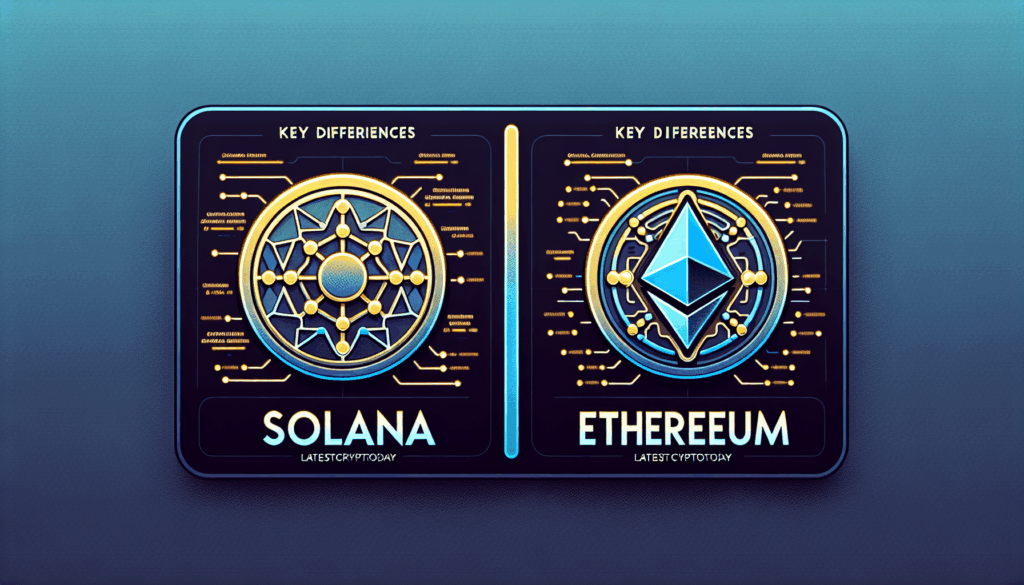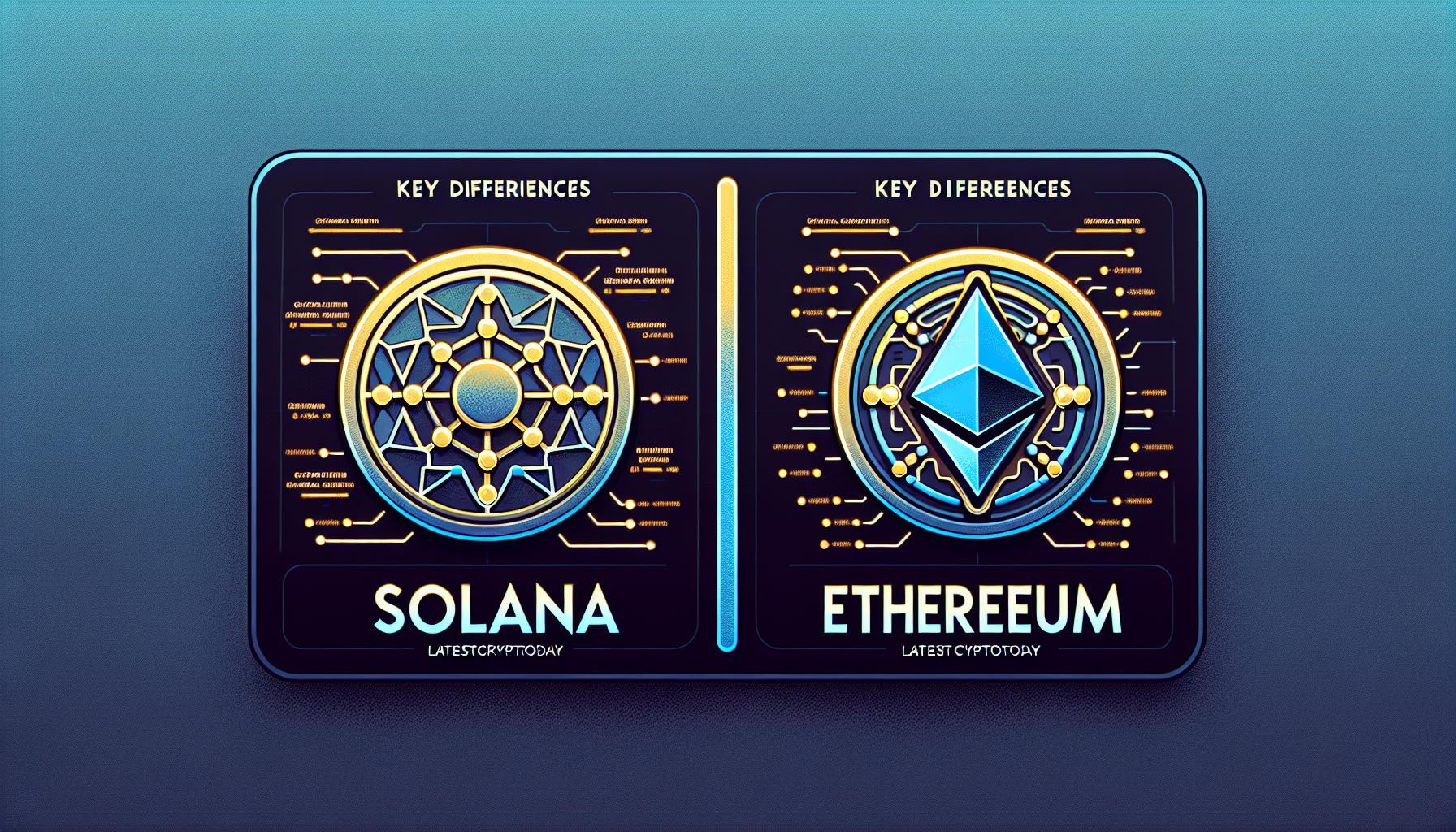
Solana vs Ethereum: Key Differences Explained for Crypto Investors
Solana vs Ethereum: Key Differences Explained for Crypto Investors
Introduction: Why Compare Solana and Ethereum?
Did you know that over 60% of decentralized applications (dApps) currently run on either Ethereum or Solana? As two of the most prominent blockchain platforms, understanding their key differences is crucial for anyone involved in cryptocurrency trading or blockchain development. Whether you’re deciding where to deploy your next smart contract or simply curious about 2025’s most promising altcoins, this breakdown will give you the insights you need.
1. Transaction Speed and Scalability
Ethereum: The Secure but Slower Pioneer
- Processes 15-30 transactions per second (TPS) post-Merge
- Layer 2 solutions (like Polygon) can boost this to 4,000+ TPS
- Think of it like an old-town bank – extremely secure but with queues
Solana: The Speed Demon
- Boasts 2,700+ TPS (theoretical capacity of 65,000 TPS)
- Uses a unique Proof-of-History consensus mechanism
- Imagine a highway toll system with 50 automated lanes
2. Smart Contract Development
Ethereum’s Mature Ecosystem
- Original smart contract platform with 9 years of development
- Uses Solidity (steep learning curve but extensive documentation)
- Over 4,000 dApps including Uniswap and Aave
Solana’s Developer-Friendly Approach
- Supports multiple languages including Rust and C++
- Lower transaction fees attract new developers
- Growing rapidly with 1,200+ dApps as of 2025
3. Transaction Costs
Here’s where the rubber meets the road for many users:
- Ethereum gas fees: $1-$50 depending on network congestion
- Solana fees: Typically $0.0001-$0.01 per transaction
- For context: Sending $100 of crypto costs more than the transfer itself on Ethereum during peak times
4. Security and Decentralization
Ethereum’s Battle-Tested Security
- Over 500,000 validators securing the network
- Only 3 minor incidents in 9 years (all resolved)
- Preferred for high-value transactions
Solana’s Growing Pains
- Experienced 5 network outages in 2025 alone
- Only 1,900 validators (more centralized)
- Great for small transactions but carries higher operational risk
Conclusion: Which Blockchain Should You Choose?
The Solana vs Ethereum debate ultimately depends on your needs. Ethereum remains the gold standard for security and institutional adoption, while Solana offers unmatched speed and affordability. For those exploring how to securely store cryptocurrency, hardware wallets like Ledger work with both chains.

Pro Tip: Many investors hold both – using Ethereum for long-term storage and Solana for active trading.
Stay updated with the latest blockchain comparisons at latestcryptotoday.
About the author:
Dr. Alan Richter, blockchain architect with 12 years in distributed systems. Author of 27 peer-reviewed papers on consensus algorithms and lead auditor for the Binance Smart Chain upgrade.
